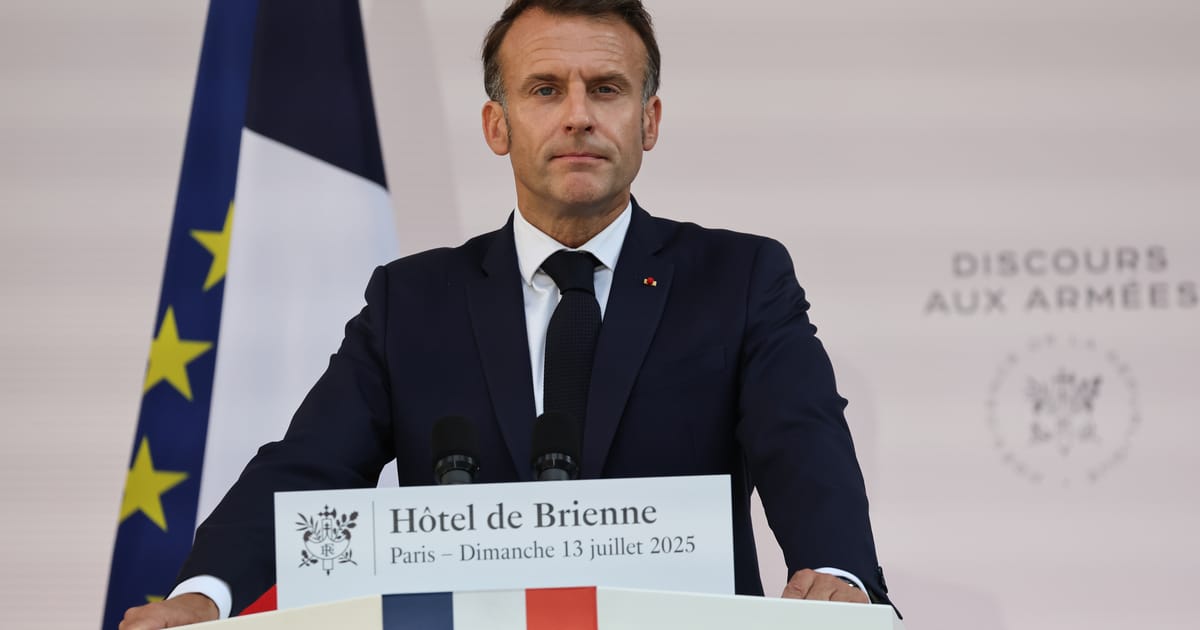

In a week marked by significant geopolitical developments, France and the European Union are at the forefront of navigating complex international dynamics. This comes against a backdrop of evolving defense strategies and trade negotiations, all aimed at fostering stability and growth in the region.
Emmanuel Macron, President of France, announced an ambitious increase in the national defense budget, pledging €64 billion for military spending by 2027. This decision emerges from what Macron describes as an “age of predators,” indicating the need for a robust military in the current geopolitical climate. The substantial financial commitment underscores France’s dedication to enhancing its defense capabilities, ensuring that it remains well-prepared for any potential challenges that may arise in an increasingly unpredictable world. With this move, France aims to maintain its standing as a key player on the global stage.
Simultaneously, President Macron has urged the European Union to firmly stand against the recent trade threats posed by former U.S. President Donald Trump. After Trump proposed a 30% tariff on most imports from the EU, Macron called for a resolute defense of European interests. While Macron encourages a strong stance, other EU leaders are advocating for a more measured approach, promoting dialogue and negotiation as vital tools in mitigating trade tensions. In a gesture of compromise, the EU has opted to temporarily suspend €21 billion of retaliatory tariffs, hoping to create a conducive environment for reaching an amicable resolution by the August 1 deadline set for new trade agreements.
Beyond dealing with the U.S., the EU has turned its focus toward strengthening ties with other international partners. The EU recently finalized a significant trade agreement with Indonesia, illustrating its strategic pivot in diversifying economic partnerships amid escalating global trade tensions. This timely agreement with Indonesia comes as the EU seeks to counterbalance the tariff pressures imposed by the U.S., underscoring the importance of broadening economic alliances.
In a noteworthy development closer to home, New Caledonia, a French overseas territory, achieved a historic milestone. After extensive consultations, an agreement has been reached to declare New Caledonia a state within the French Republic. Despite facing separatist movements and unrest in the past, this newfound statehood marks a promising chapter for New Caledonia, characterized by autonomy while still retaining its French ties. Macron regards this development as a testament to mutual trust and collaboration, reinforcing the importance of diplomatic dialogue in resolving historical contentions.
These initiatives highlight a broader strategy by France and the EU to navigate current challenges thoughtfully and proactively, ensuring both regional security and economic stability. As these key players engage in shrewd diplomacy, they seek to maintain harmony and foster growth not only within Europe but also in their interactions with the global community.
The unfolding developments serve as a reminder of the intricate balance required in the interconnected world of today. France and the EU continue to exemplify a cautious yet optimistic approach, showcasing their commitment to achieving sustainable solutions to the multifaceted issues shaping the current geopolitical landscape.
Source: {link}
